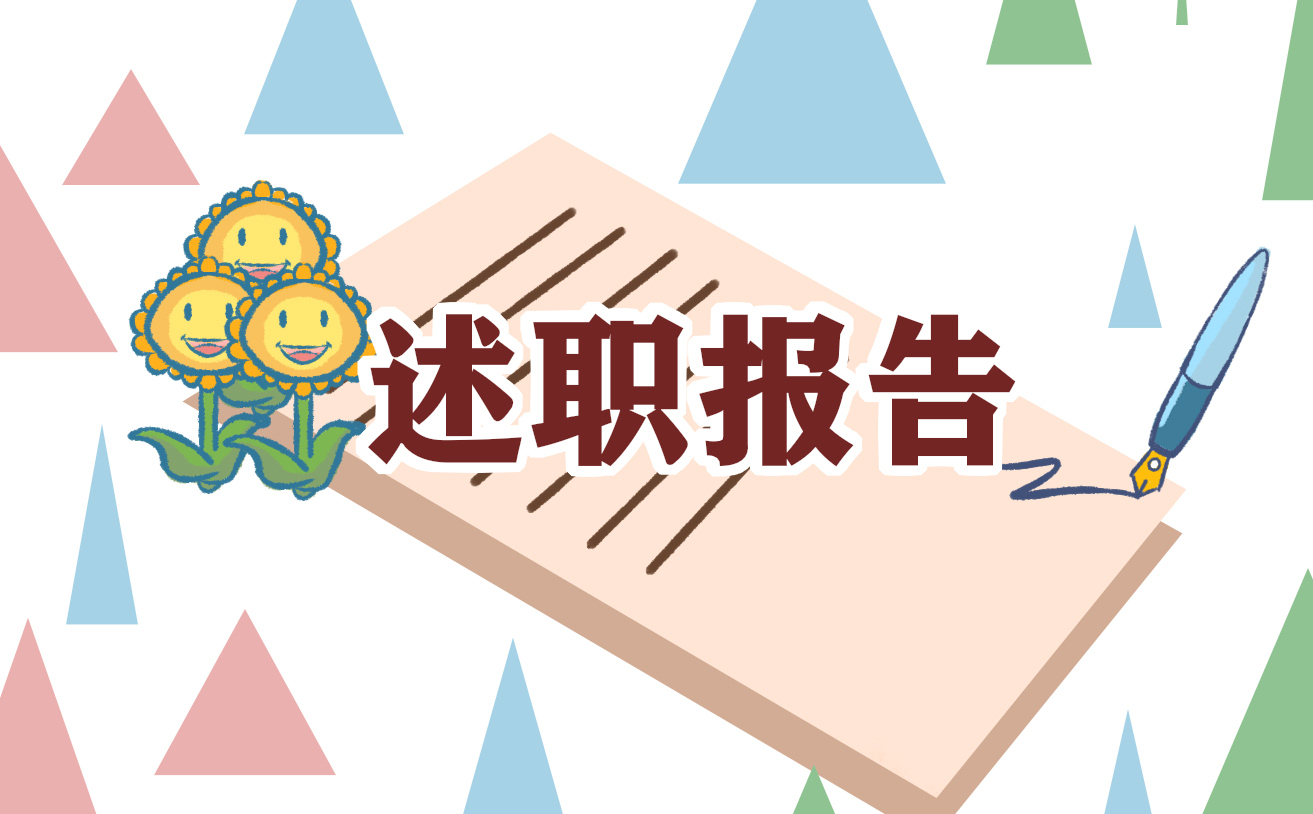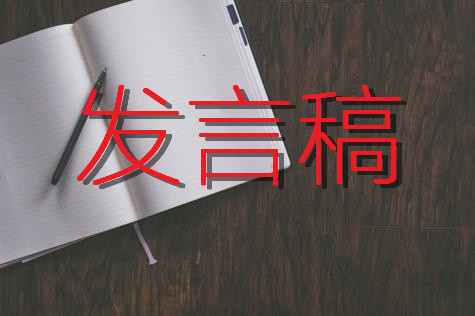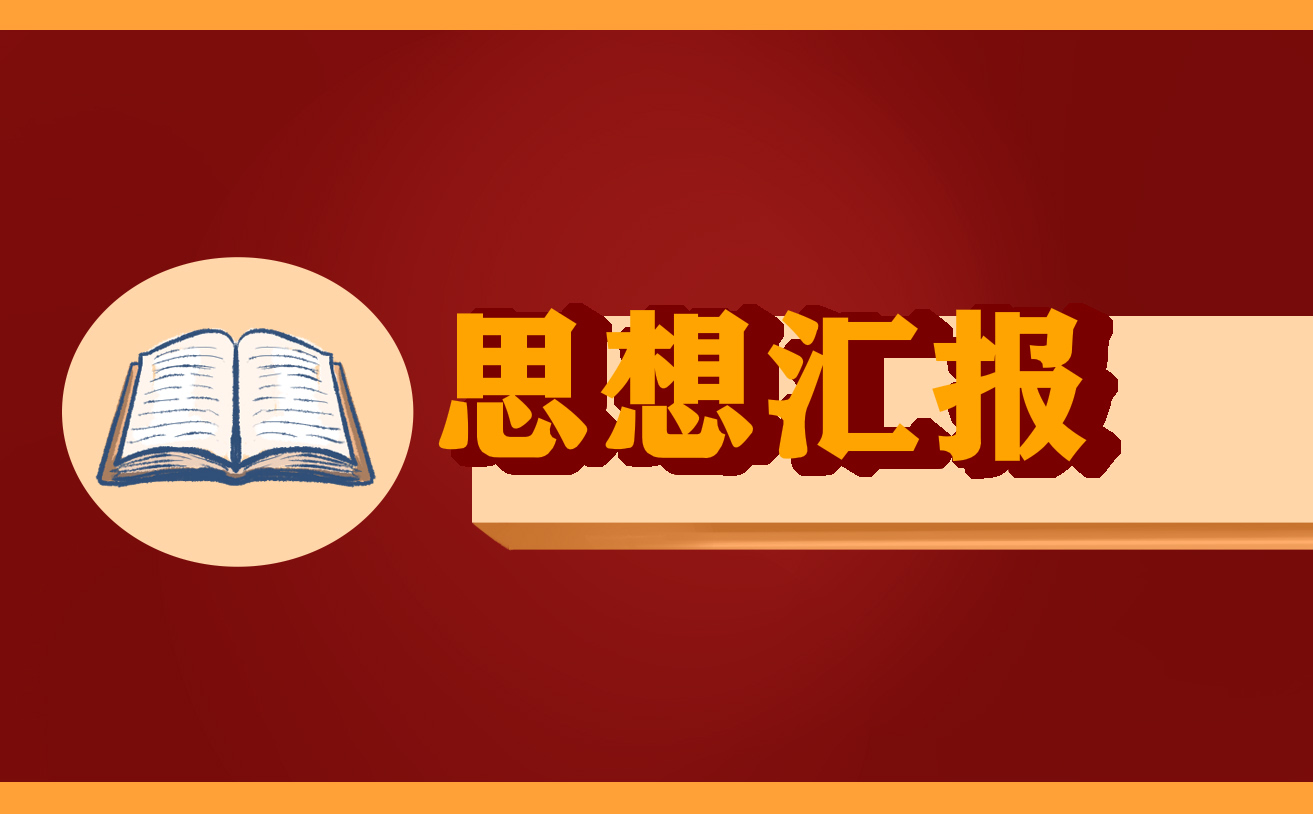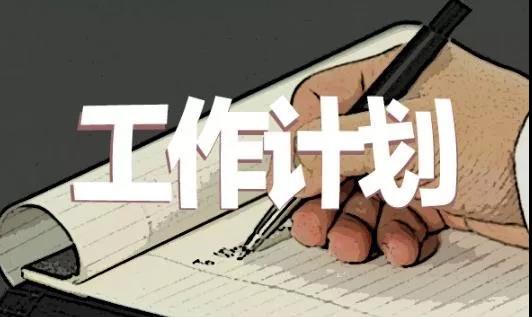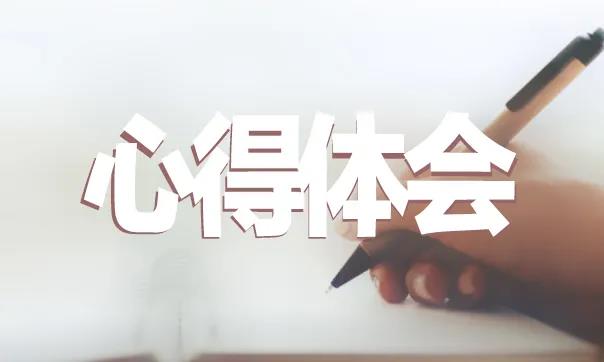雨的功过,不可断言,只能唠叨一些细细道来
The merits and demerits of the rain can"t be asserted. We can only nag some details
诗人眼中的雨是充满诗情画意的,然而,大自然的雨却是变化无穷的,它可以冲毁桥梁,淹没、破坏庄稼,给人类带来灾难。下面,请站在科学的角度讲述雨的别样情形。
The rain in the poet"s eyes is poetic, however, the rain in nature is changeable. It can destroy bridges, submerge and destroy crops, and bring disasters to human beings. Next, please tell us something else about rain from a scientific point of view.
1.讲述雨水泛滥成灾的实例。
1. Tell the example of rain flooding.
古时的大禹治水,孟加拉国特大水灾
Dayu flood control in ancient times, great flood in Bangladesh
2.罗列与雨有关的奇特现象:梅雨、钱雨、泥雨、酸雨等等。说说它们形成的原因以及给人类带来的灾害。
2. List the peculiar phenomena related to rain: plum rain, money rain, mud rain, acid rain, etc. Talk about the causes of their formation and the disasters they bring to human beings.
(1)梅雨:
(1) Meiyu:
6月中、下旬至7月上半月的初夏,我国长江中、下游两岸(或称江淮流域)至日本南部这一狭长区域内往往有一段连续阴雨时段,出现频繁的降水过程,常有大到暴雨。这时,正是江南梅子成熟时期,故称“梅雨”。古诗“黄梅时节家家雨,青草池塘处处蛙”生动地描绘了当地梅雨季节的自然景象。因为梅雨季节里空气湿度大、气温高,衣物等容易发霉,因此也有称之为“霉雨”的。
From the middle and late June to the early summer of the first half of July, there is a continuous rainy period from the middle and lower reaches of the Yangtze River (or the Yangtze Huaihe River Basin) to the south of Japan, which often occurs frequent precipitation process and heavy rain. At this time, it is the mature period of Jiangnan plum, so it is called "Meiyu". The ancient poem "rain at home in Huangmei season, frogs everywhere in green grass pond" vividly depicts the natural scene of local Meiyu season. Because of the high humidity and temperature of the air in the plum rain season, clothes are easy to get moldy, so it is also called "moldy rain".
(2)钱雨:
(2) Qian Yu:
①现象:
Phenomenon:
说到钱雨。人民日报登载的材料中,叙述“一九四年的一天,苏联高尔基州突然下了一阵带有大量古老铜钱的雨,人们把这种雨叫做铜钱雨”。而在我们中国,这样的例子就很不少。据南北朝时代的任昉在《述异记》一书中载:“周时,咸阳雨钱,终日而绝。”“王莽时,未央宫中雨五铢钱。”
When it comes to money. In the materials published in the people"s daily, it is stated that "one day in 194, there was a sudden rain with a large amount of ancient copper money in Gorky state of the Soviet Union. People call this rain copper money rain". In China, there are many such cases. According to Ren Fang of the northern and Southern Dynasties, in his book the story of differences, "in the Zhou Dynasty, the rain money in Xianyang was cut off all day long." "When Wang Mang was in the Weiyang palace, there was five baht in the rain."
“汉世,颖川民家雨金铢钱。”又据《宋史》《五行志》载:“绍兴二年七月,天下雨钱,或从石甃中流出。”明代的《稗史汇编》也有这样的记载:“成化丁酉六月九日,京师大雨,雨中往往得钱。”可见钱雨并非奇事。
"In the Han Dynasty, Yingchuan people"s family had rain, gold and baht." According to the Song History and the five elements annals, "in July of the second year of Shaoxing, it rained money, or it flowed out of the stone cage." The collection of barnyard grass history in Ming Dynasty also has such a record: "on June 9, Chenghua and Dingyou, it rained heavily in the capital and often got money in the rain." It can be seen that Qian Yu is not a miracle.
而且,我们还知道有金雨。《竹书纪年》载:“夏禹八年夏六月,雨金于夏邑。”后来任昉也写道:“先儒说:夏禹时,天雨金三日。古诗云:安得天雨金,使贱同如土。是也。”他在《述异记》中又写道:“周成王时,咸阳雨金。今咸阳有雨金原。”“汉惠帝二年,宫中雨黄金、黑锡。”“汉世,翁仲儒家贫力作,居渭川,一旦天雨金十斛于其家。”象这样的金雨不知道外国是否也有。
Besides, we know there is a golden rain. "Bamboo Chronicle" contains: "Xiayu eight summer June, rain gold in Xiayi." Later, Ren Fang also wrote: "the first Confucian said that during the Xia Yu period, it rained for three days. The ancient poem says, "let the sky rain and gold, and let the base be like the earth.". Yes, too. " "When Zhou became king, it rained gold in Xianyang. Now Xianyang has yujinyuan. " "In the second year of emperor Huidi of Han Dynasty, the rain in the palace was golden and black tin." "In the Han() Dynasty, wengzhong was a poor Confucian, and lived in Weichuan. Once it rained, the golden tree would be in his home." I don"t know if there is such a golden rain in other countries.
还有五谷雨。任昉说:“吴桓王时,金陵雨五谷于贫民家、富者则不雨矣。”照他这么说,好象老天爷居然也会区别贫富似的。这当然是一种附会。宋代刘敬叔的《异苑》
There is also grain rain. Ren Fang said: "when King Huan of Wu Dynasty, the rain in Jinling did not rain for the poor and the rich." According to him, it seems that God can also distinguish the rich and the poor. It"s a kind of affiliation, of course. The alien garden by Liu Jingshu in Song Dynasty
又载:“凉州张骏,字公彦,九年天雨五谷于武威、炖煌,植之悉生。”在五谷之中,有降稻米的。如晋代崔豹的《古今注》载:“惠帝三年,桂宫、阳翟俱雨稻米。”也有降黍的。崔豹又写道:“宣帝元康四年,长安雨黑黍。”《宋史》《五行志》也说:“元佑三的六月,临江县涂井镇,雨白黍;
七月又雨黑黍。”同样,《元史》《五行志》载:“至元十一年十月,衢州东北雨米如黍;
邵武雨黑黍,如芦穄;
信州雨黑黍,郡邑多有,民皆取而食之。”又有雨粟的。崔豹说:“武帝建元四年,天雨粟。”“宣帝地节三年,长安雨黑粟。”当然也有雨麦的。晋代张华的《博物志》载:“汉武帝时,光阳县雨麦。”在各地县志中还有许多同样的记载,我没有一一去查阅,这里就不列举了。
Also recorded: "Liangzhou Zhang Jun, the word Gongyan, nine years of rain in Wuwei, stew Huang, planting all life." Among the five grains, there are those that drop rice. For example, Cui Bao"s "ancient and modern notes" in the Jin Dynasty states: "in the third year of emperor Hui, Guigong and Yangzhai have rice." There are also millet. Cui Bao wrote: "in the fourth year of Yuankang, Emperor Xuan, Chang"an rain and black millet." "Song History" and "wuxingzhi" also said: "in June of Yuanyou 3, Dujing Town, Linjiang County, rain and white millet; in July, rain and black millet." In the same way, the history of Yuan Dynasty and the five elements record: "in October of the 11th year of the Zhiyuan Dynasty, rain rice in the northeast of Quzhou was like millet; shaowuyu black millet was like Lushan; Xinzhou rain black millet was mostly found in counties and cities, and people took it and ate it." And rain millet. Cui Bao said, "in the fourth year of Emperor Wu"s founding, it rained millet." "Three years of Xuandi Festival, Chang"an rain black millet." Of course, there are also Yumai. Zhang Hua of the Jin Dynasty"s "Museum records" contains: "when Emperor Wu of the Han Dynasty, Guangyang County Yumai." There are a lot of the same records in the local county annals. I didn"t check them one by one, so I won"t list them here.
如果只看上面所举的几部书,我们还不能完全发现其他各种下雨的趣闻。其实二十
If we only read the books mentioned above, we can"t find all kinds of other interesting stories about rain. Actually twenty
五史和笔记小说中的材料,多至不可胜数。随便再打开《汉书》《五行志》,其中就写道:“元帝永光二年八月,天雨草,而叶相胶结,大如弹丸。”这大概可以叫做草雨吧。
There are countless materials in the five histories and the note novels. Open "Hanshu" and "wuxingzhi" casually, which read: "in August of the second year of Yongguang, the emperor of the Yuan Dynasty, it rained grass, and the leaves were cemented, as big as bullets." This may be called grass rain.
此外,崔豹还说过:“汉帝永和中,长安雨绵,皆白。”又说:“宣帝元康四年,南阳
In addition, Cui Bao also said: "the emperor Yonghe, Chang"an rain cotton, all white." He added: "in the fourth year of Yuankang, Emperor Xuandi, Nanyang
雨豆。”《宋史》《五行志》也载:“元丰二年六月,忠州雨豆;
七月甲午,南宾县雨豆。”这些绵雨、豆雨等等例子可以说明,下雨的时候,能够随雨下降的东西还有不少,决不止于我们所说的这一些。
Rain beans. " "Song History" and "wuxingzhi" also contain: "in June of the second year of Yuanfeng, Zhongzhou Yudou; in July Jiawu, Nanbin Yudou." These examples of continuous rain, bean rain and so on can show that when it rains, there are many things that can fall with the rain, not only what we said.
②原因
Reasons for
那末,我们应该怎样解释这类现象呢?这些是神怪现象吗?显然不是。这些现象实际上都是由旋风所引起的。旋风又叫做回风,古人早已知道它的厉害了。
So, how should we explain this kind of phenomenon? Are these supernatural phenomena? Obviously not. These phenomena are actually caused by cyclones. Whirlwind is also called return wind. The ancients knew it was powerful.
明代《管窥辑要》一书,引唐代天文学家李淳风的话说:“回风卒起,而圜转扶摇,有如羊角,向上轮转,有自上而下者,或磨地而起者,总谓之回风。”当回风刮起的时候,飞沙走石,平地而起,直冲到高空中去。因此,地面的东西往往会被刮到天上,刮到很远的地方,然后又落到地面上来。这样就形成了所谓钱雨、金雨等等奇怪的现象。
In the Ming Dynasty, Li Chunfeng, an astronomer in the Tang Dynasty, was quoted as saying: "the return wind blows up, while the circle turns to support the swing, just like a sheep"s horn, turning upward, and the top-down or the ground grinds up, which is called the return wind." When the return wind blows, flying sand and rocks, rising from the ground, straight into the air. As a result, things on the ground are often blown to the sky, far away, and then to the ground. In this way, the so-called money rain, gold rain and other strange phenomena are formed.
实际上这些现象的产生,道理却很简单。
In fact, the reason for these phenomena is very simple.
我们走到郊外旷野去,常常看见一阵旋风卷起沙土,变成一条黄色的飞龙。据说,人要是处于这个龙卷风的中心,就非常危险。甚至天上的飞鸟,如果碰上这股龙卷风也逃不了。所以,《宋史》《五行志》说:“庆元二年十二月,吴县金鹅乡铜钱百万自飞。”这当然是被旋风刮跑了的。《续文献通考》载:明代“洪武八年,库钱飞。时南台民家屋上有钱,竖立瓦上,各贯以竹,或得一二十文,皆库钱也”。明代蒋一葵的《长安客话》也写道,“涿州旧有塔在桑乾河中,名镇河塔。嘉靖元年,塔崩,内有古钱,皆飞空如蜨。”把这些记载同前面所举的例子连起来看,问题的真相就表现得非常清楚了。
When we went out to the countryside, we often saw a whirlwind turning the sand into a yellow flying dragon. It is said that people are very dangerous if they are in the center of the tornado. Even the birds in the sky can"t escape the tornado. Therefore, "Song History" and "wuxingzhi" said: "in December of the second year of Qingyuan, a million yuan of copper money flew from Jin"e Township in Wu County." Of course, it was blown away by the whirlwind. "General examination of the continued literature" contains: in the Ming Dynasty, "eight years of Hongwu, treasury money flies. At that time, people in Nantai had money in their houses, standing on tiles, each with bamboo, or getting 120 Wen, all with money. ". Jiang Yikui"s Chang"an Hakka in Ming Dynasty also wrote that "the old tower of Zhuozhou is in the sangqian River, the famous town river tower. In the first year of Jiajing, when the pagoda collapsed, there was ancient money in it, all of which were flying in the sky When these records are combined with the previous examples, the truth of the problem is very clear.
从下雨的趣闻中,我们不难知道,有许多离奇古怪的现象,只要仔细研究,其中都有一些道理。因此,我们对于古人遗留下来的各种记录材料,甚至包括许多神怪记录在内,也不要随便一概抹杀,而要从中寻找有用的东西。
From the anecdotes of rain, it is not difficult for us to know that there are many bizarre phenomena. As long as we study them carefully, there are some reasons. Therefore, we should not kill all the records left by the ancients, even many gods and monsters, but seek useful things from them.
